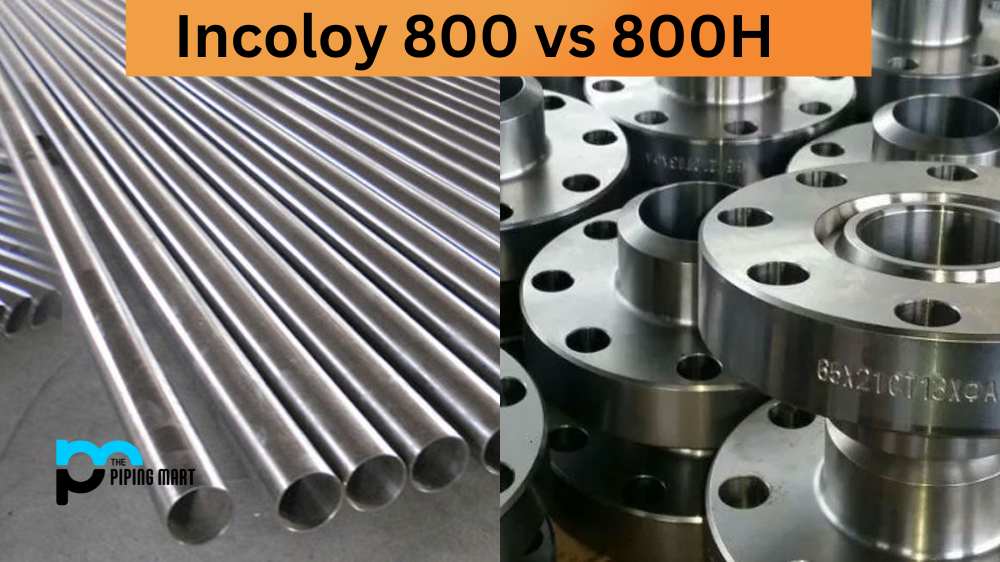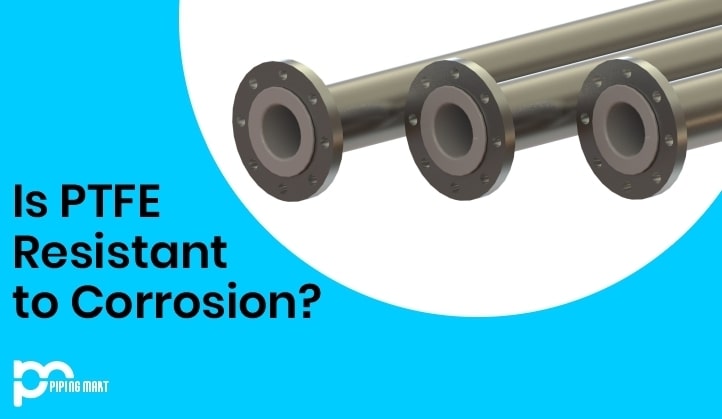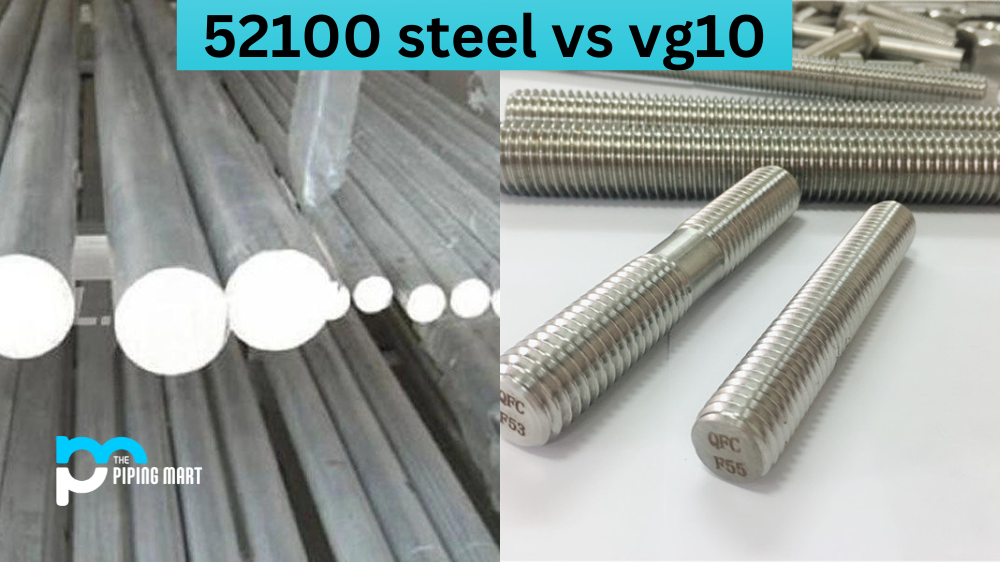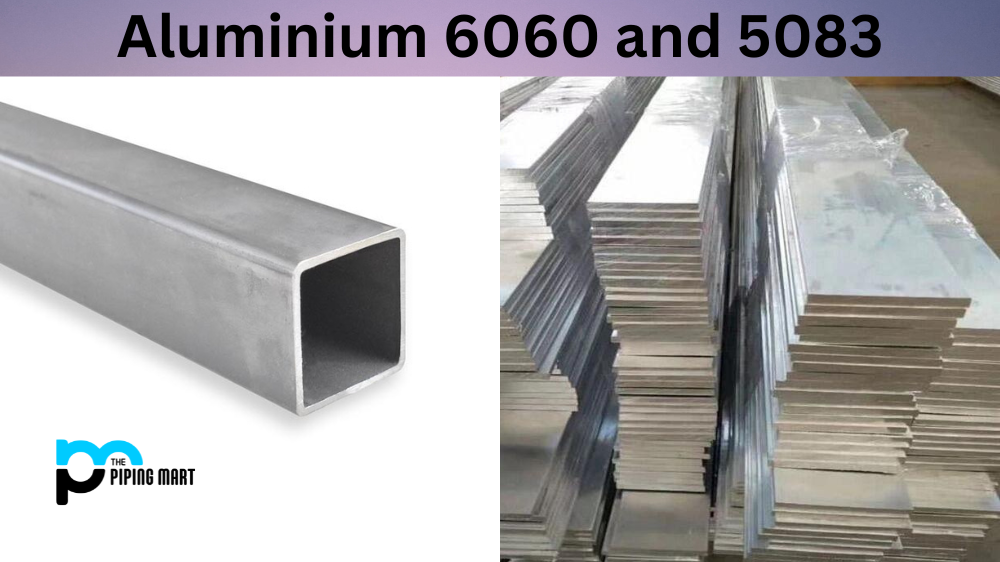Regarding high-temperature applications, several metals could do the job, but only a few can provide the necessary strength, durability, and resistance to corrosive elements. Two such materials are incoloy 800 and 800H. These nickel-iron-chromium alloys can withstand the most aggressive chemical environments, extreme heat, and thermal shock. However, some differences between them could affect your choice. In this blog post, we’ll compare incoloy 800 vs 800H and help you decide which one is right for you.
What is Incoloy 800?
Incoloy 800 is a versatile alloy designed for applications requiring excellent corrosion, high strength, and heat resistance. It offers exceptional features such as excellent creep rupture strength and outstanding oxidation resistance up to 1050°C (1922°F). This makes it ideal for use in harsh environments such as petroleum refining.
What is Incoloy 800H?
Inconel 800H is a nickel-iron-chromium alloy with excellent heat and corrosion resistance, making it ideal for high-temperature environments. Its unique properties make it effective for producing turbine components and nuclear applications.
Difference Between Incoloy 800 and 800H
Composition and Properties
Incoloy 800 and 800H share the same basic composition of nickel, iron, and chromium, but their carbon, aluminium, and titanium content sets them apart. Incoloy 800 has a low carbon content (up to 0.1%), while incoloy 800H has a higher carbon content (up to 0.05%) and added aluminium and titanium. This gives 800H greater high-temperature strength and improved creep resistance. However, 800H is more prone to embrittlement and sensitization due to its higher carbon content.
Applications
Incoloy 800 and 800H are commonly used in applications requiring oxidation resistance, carburization, and sulfidation at high temperatures. They can be found in chemical processing, power generation, heat exchangers, furnace components, and catalyst supports. Incoloy 800 is typically used in environments where the temperature does not exceed 1100°F, while 800H can handle temperatures up to 1400°F. The choice between the two depends on the specific operating conditions and the required longevity of the equipment.
Weldability
Both incoloy 800 and 800H can be welded easily using standard welding techniques, but choosing filler metal and preheating temperature is critical to avoid cracking and embrittlement. Due to its higher carbon content, Incoloy 800H requires a higher preheating temperature (150-200°F) than 800 (50-100°F). A low-carbon filler metal for both alloys is also recommended to prevent sensitization and intergranular corrosion.
Cost
Incoloy 800 and 800H are high-performance alloys that command a premium price compared to other metals, such as stainless steel, carbon steel, or aluminium. However, the cost difference between incoloy 800 vs 800H is insignificant, mainly depending on the material’s size, shape, and quantity. Typically, incoloy 800H is slightly more expensive than 800 due to its higher content of alloying elements.
Corrosion Resistance
Both incoloy 800 and 800H offer excellent resistance to a wide range of corrosive environments, such as acids, alkalis, salts, and seawater. They are highly resistant to chloride stress corrosion cracking, pitting, and crevice corrosion. However, incoloy 800H has superior resistance to sulfur-containing gases and nitric acid, making it more suitable for applications where these elements are prevalent.
Conclusion
In summary, choosing between incoloy 800 vs 800H depends on several factors, including composition, properties, applications, weldability, cost, and corrosion resistance. If you need a material that can withstand high temperatures and aggressive chemical environments but does not require extreme strength, incoloy 800 may be the right choice for you. On the other hand, if you need a material that can handle even higher temperatures and has superior creep resistance, incoloy 800H may be a better option. It’s always recommended to consult a materials engineer or a supplier to select the most suitable alloy for your specific application and ensure optimal performance and longevity.
Rachana is a dedicated and ambitious young woman who has made a name for herself in the metal industry. From her earliest days in the industry, Rachana showed a natural talent for problem-solving and a keen eye for detail. In her free time, She enjoys reading up on the latest advancements in the industry, as well as exploring new ways to innovate and improve upon existing processes.




